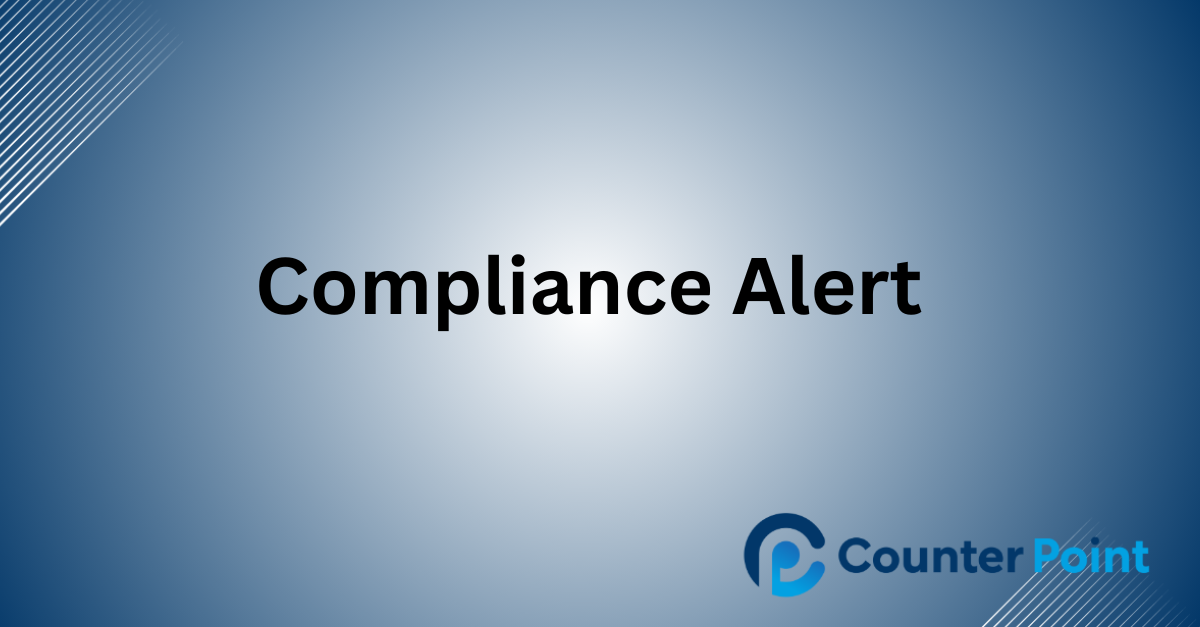
Update: On November 15, 2024, a federal judge in Texas struck down the recently expanded overtime rule. In short, this reverses the changes that raised the threshold to $43,888 from $35,500 on July 1st and blocks the increase to $58,656 scheduled for January 1, 2025. If you previously adjusted employees’ salaries, it is recommended that you seek professional guidance before making adjustments.
The Fair Labor Standards Act (FLSA) recently introduced a new, final overtime rule, significantly impacting employers and employees, including making more salaried workers eligible for overtime.
In short, the new overtime rule mandates that exempt executive, administrative, and professional employees must be paid at least:
- $844 per week ($43,888 per year) beginning July 1, 2024
- $1,128 per week ($58,656 per year) beginning January 1, 2025
Additionally, highly compensated employees must be paid on a salary basis and receive at least:
- $132,964 beginning July 1, 2024
- $151,164 beginning January 1, 2025
These employees must meet the duties test and the salary level for the exempt status.
Maintaining Compliance
Employers will need to devise a plan for how to address these changes to avoid FLSA violations. There are three main steps to take when determining a compliant course of action:
- Identify which exempt employees might be affected
- Calculate the hours worked by these employees
- Evaluate the options and decide how, and how much, these employees will be paid
Employees classified as exempt and earning less than $43,888 need to be identified. It’s important to include total incentive pay such as bonuses and commissions.
Employers must either:
- Increase their pay to $43,888 by July 1, 2024
- Reclassify them as hourly non-exempt and determine a new hourly rate on their current salary. They will be entitled to overtime pay
- Calculate a cost-neutral rate of pay for non-exempt employees as they will be entitled to overtime pay
- Reclassify them as salaried non-exempt, paying them the same weekly rate for 40 hours or fewer and overtime for any additional hours over 40 in a workweek
Coverage and Exceptions
The FLSA applies to employers with:
- At least two employees engaged in interstate commerce with at least $500,000 in gross annual business
- Hospitals, residential care facilities, or schools
- Public agencies
Covered employees include those involved in interstate commerce, domestic service workers like housekeepers, full-time babysitters, and cooks, even if the employer isn’t a covered enterprise.
The FLSA provides exemptions from the minimum wage and overtime provisions for employees in an executive, administrative, or professional capacity. The “White Collar” exemptions include:
- Salary Level Test
- Salary Basis Test
- Duties Test
Exempt employees must be paid their full salary for any week they perform work and must meet the above criteria.
Nonprofit entities, including religious organizations, are generally subject to the same rules. If these organizations engage in interstate commerce (such as ordering from Amazon), they must comply with the FLSA.
For informational purposes only. This is not legal advice.
To learn more about how Counter Point can help support your compliance needs, request a call today!